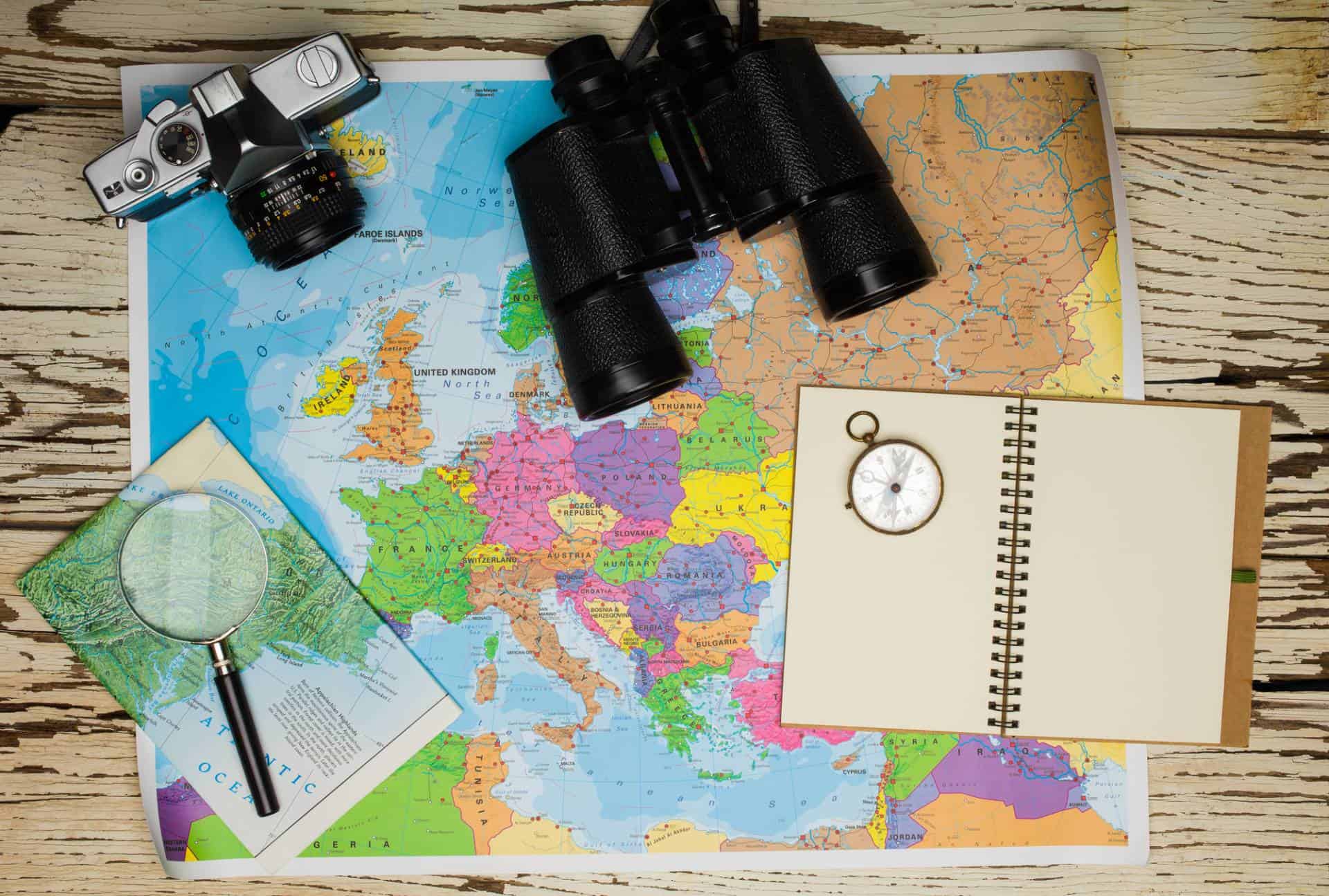
Determining the Best Time to Visit Europe
When it comes to planning your European adventure, timing is everything. The best time to visit Europe depends on a multitude of factors, including weather preferences, desired activities, and tolerance for crowds. Whether you're dreaming of soaking up the sun on Mediterranean beaches or exploring the snow-capped peaks of the Alps, understanding the seasonal nuances can help you make the most of your journey. The best time of the year to visit Europe varies on the travel seasons. The best month to travel to Europe can be hard to know so here's a comprehensive guide to help you navigate the best time to travel to Europe, taking into account various regions and preferences. You can find amazing prices on high-rated flights and hotels at Skyscanner.
- Spring (March to May):
- Activities: It's a great time for outdoor activities like hiking, cycling, and sightseeing. Cultural events and festivals start to pick up.
- Crowds: While popular destinations may start to see more visitors, it's generally less crowded compared to the peak summer season.
- Weather: Spring breathes new life into Europe, with milder temperatures, blooming flowers, and longer daylight hours painting the continent in vibrant hues.
- Summer (June to August):
- Activities: Ideal for beach holidays, water sports, festivals, and outdoor concerts. Many cultural events and festivals take place.
- Crowds: Popular tourist destinations can be quite crowded, especially in major cities and coastal areas. It's also high season, so prices for accommodation and flights may be higher.
- Weather: Summer in Europe is synonymous with warmth, offering ideal conditions for beach vacations, outdoor adventures, and al fresco dining.
- Autumn (September to November):
- Activities: Great for wine and harvest festivals, as well as cultural events. It's also a good time for hiking and exploring the countryside.
- Crowds: Generally less crowded than in summer, except for popular wine regions during harvest festivals.
- Weather: As temperatures begin to cool, Europe is adorned with a tapestry of vibrant foliage, offering a picturesque backdrop for autumnal adventures.
- Winter (December to February):
- Activities: Ideal for winter sports in the Alps, Christmas markets, and cultural events. Southern Europe still offers some outdoor activities.
- Crowds: While some cities can be less crowded, popular winter destinations for skiing or Christmas markets can get busy. Coastal areas in southern Europe may see fewer visitors.
- Weather: Winter casts a magical spell over Europe, with snowy landscapes and festive markets adding to the region's allure. While Northern and Central Europe experience colder temperatures, Southern Europe enjoys milder winters, making it an appealing destination for sun-seekers.
Year-Round Considerations:
While each season has its distinct charms, Europe is a year-round destination with something to offer every traveler. The best time to go to Europe depends on if the weather is still pleasant or if it's peak Season. Year round you'll find Eastern Europe to be less touristy allowing you to avoid the crowds, and lets you experience Europe on a budget. Across Europe, in the warm weather months, many of the best places to visit are on the coast. Europe in July and August is the popular time to travel in Europe. The best time of year to visit Europe varies on your interests. Here are some additional factors to consider when planning your European getaway:
Shoulder Seasons: Consider traveling during the shoulder seasons (spring and autumn) to enjoy favorable weather conditions, fewer crowds, and potentially lower prices on accommodations and flights.
Regional Variations: Keep in mind that weather patterns and crowd levels can vary significantly across Europe's diverse regions. While Southern Europe boasts Mediterranean climates and sunny skies, Northern Europe experiences cooler temperatures and shorter days.
Budget and Preferences: Consider your budget, personal preferences, and the type of activities you wish to pursue when selecting the best time to visit Europe. Whether you're seeking a summer beach holiday or a winter ski trip, there's a perfect time for every traveler.
Seasonal Attractions: Research seasonal attractions, festivals, and events that may influence your travel plans. The Northern Lights during the winter in Northern Europe are one of the best reasons to visit Europe in the winter. Europe in December is very different from Europe in April when talking about crowds and prices, the best weather, and time for families to explore the best places in Europe.
Ultimately, the best time to visit Europe depends on your individual preferences and priorities. Throughout Europe, the best cities to visit depend upon how the weather in Europe which depicts the ideal time for exploring Whether you're chasing the sun in Southern Europe, exploring the cultural capitals of Western Europe, or embracing the winter wonderland of Northern Europe, there's a perfect time to make your European dreams a reality. By considering factors such as weather, activities, crowds, and budget, you can plan a memorable journey that captures the essence of Europe's diverse landscapes and cultures. So pack your bags, prepare your itinerary, and embark on an unforgettable adventure across the enchanting continent of Europe.










